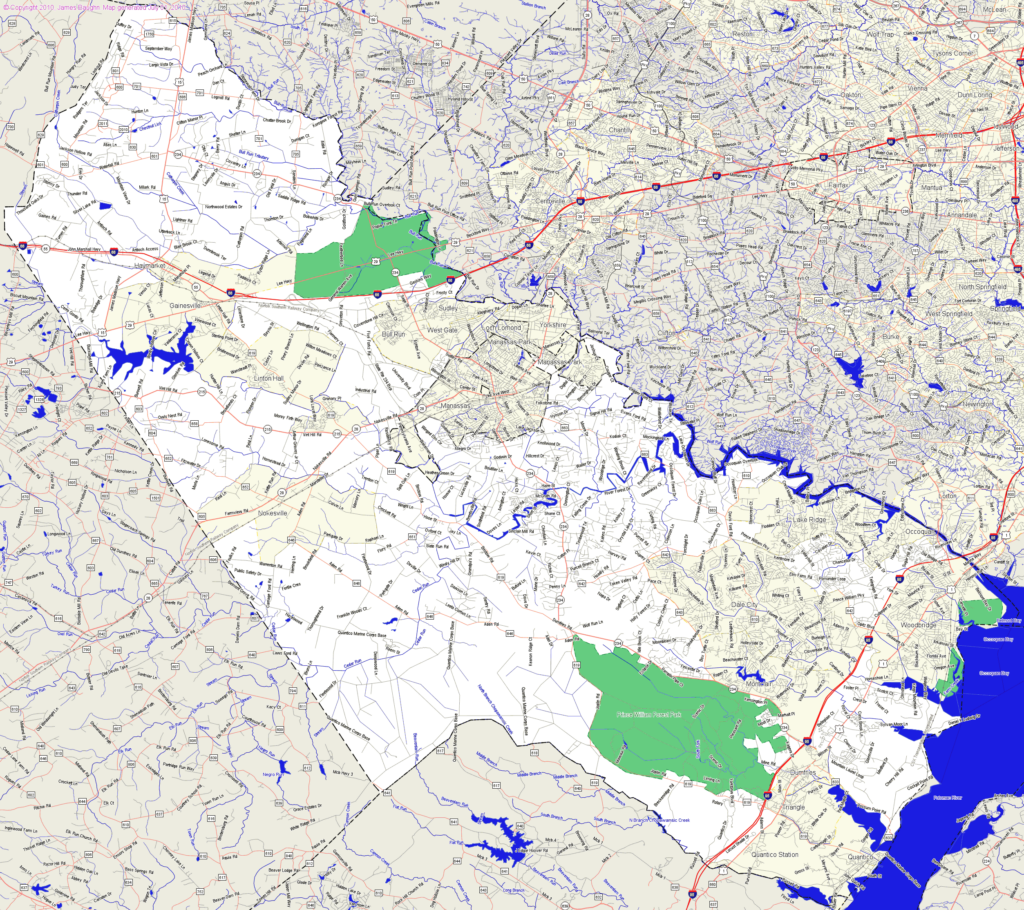Understanding The Complex Landscape Of Divorce In Prince William County
Divorce in Prince William County is a deeply personal and often complicated matter that affects countless families every year. As one of the fastest-growing counties in Virginia, Prince William has seen a rise in divorce cases, each with its own unique set of challenges and considerations. Whether you're navigating the emotional turmoil of ending a marriage or seeking clarity on legal procedures, understanding the process is paramount. This guide aims to provide comprehensive insights into the divorce process, legal rights, and support systems available to residents of Prince William County.
Divorce is more than just a legal proceeding; it is a life-altering event that requires careful navigation. In Prince William County, where family values and community ties are strong, the decision to dissolve a marriage is often met with a mix of emotions. From financial concerns to child custody arrangements, the complexities of divorce can be overwhelming. However, with the right knowledge and resources, individuals can make informed decisions that protect their future and well-being.
As you delve into this guide, you will find expert advice, practical tips, and answers to common questions about divorce in Prince William County. Whether you're at the beginning stages of considering divorce or already entrenched in the process, this article aims to serve as a valuable resource. By the end, you will have a clearer understanding of what to expect and how to proceed with confidence and clarity.
Read also:Novembers Paradise Exploring Palm Beachs Weather
What Are the Grounds for Divorce in Prince William County?
Understanding the legal grounds for divorce is the first step in the process. In Prince William County, Virginia, there are both fault-based and no-fault divorce options available. Fault-based divorces require proving that one spouse is responsible for the breakdown of the marriage due to reasons such as adultery, cruelty, or desertion. No-fault divorces, on the other hand, simply require a separation period of at least one year (or six months if there is no contest and a separation agreement is in place).
Choosing the right grounds for divorce can significantly impact the proceedings, especially when it comes to asset division, alimony, and custody arrangements. Consulting with a local attorney experienced in family law can help you determine the best course of action based on your specific circumstances.
How Does Asset Division Work in a Divorce Prince William County?
One of the most contentious aspects of divorce is the division of assets. In Prince William County, Virginia follows the principle of equitable distribution, meaning that marital property is divided fairly but not necessarily equally. This includes not only physical assets like homes and vehicles but also financial assets such as bank accounts, retirement funds, and investments.
Factors such as the length of the marriage, each spouse's contributions to the household, and future earning potential are taken into account during the division process. It's essential to gather all relevant financial documents and work with a qualified attorney to ensure a fair and equitable settlement.
What Are the Child Custody Laws in Divorce Prince William County?
Child custody is another critical aspect of divorce, particularly in Prince William County, where families are a cornerstone of the community. The court prioritizes the best interests of the child when making custody decisions, considering factors such as the child's age, emotional ties to each parent, and the ability of each parent to provide a stable environment.
Joint custody arrangements are common, allowing both parents to share legal and physical custody of the child. However, sole custody may be awarded in cases where one parent is deemed unfit or unable to provide proper care. Mediation is often encouraged to reach an amicable agreement outside of court.
Read also:Discover The Best Movies And Entertainment With Luxmoviesco Your Ultimate Guide
Can I Represent Myself in a Divorce Prince William County?
While it is possible to represent yourself in a divorce proceeding, it is generally not recommended, especially in complex cases. The legal system in Prince William County can be intricate, and without proper guidance, you risk overlooking important details that could affect the outcome of your case. Hiring an experienced attorney ensures that your rights are protected and that you have someone advocating on your behalf.
If cost is a concern, many attorneys offer flexible payment plans or free consultations to help you understand your options. Additionally, there are legal aid organizations and resources available to assist individuals who cannot afford representation.
Do I Need a Separation Agreement for Divorce Prince William County?
A separation agreement is a legally binding document that outlines the terms of your separation, including asset division, spousal support, and child custody arrangements. While not mandatory, having a separation agreement can streamline the divorce process and reduce the likelihood of disputes down the line.
Creating a comprehensive and fair separation agreement requires careful consideration of all aspects of your relationship. Working with a mediator or attorney can help ensure that the agreement is equitable and meets the needs of both parties involved.
What Are the Costs Associated with Divorce Prince William County?
The cost of divorce can vary widely depending on the complexity of the case and the level of contention between the parties. In Prince William County, typical expenses include filing fees, attorney fees, mediation costs, and potential appraisals for property valuation. On average, uncontested divorces tend to be less expensive than those that go to trial.
Budgeting for divorce is essential, and it's important to factor in both immediate and long-term financial implications. Many attorneys offer free consultations to help you estimate costs and plan accordingly. Additionally, exploring alternative dispute resolution methods like mediation can help reduce expenses.
Biography of a Local Divorce Attorney
For those seeking professional guidance, understanding the background and qualifications of potential attorneys is crucial. Below is a brief biography of a reputable divorce attorney practicing in Prince William County.
| Name | Johnathan D. Smith |
|---|---|
| Practice Area | Family Law |
| Years of Experience | 15+ |
| Education | University of Virginia School of Law |
| Notable Cases | High-profile custody disputes, equitable distribution cases |
How Can I Prepare for My Divorce Consultation?
Preparing for your initial consultation with a divorce attorney is key to ensuring a productive and informative meeting. Gather all relevant documents, including marriage certificates, financial records, and any prenuptial agreements. Be prepared to discuss your goals and concerns openly and honestly.
Some key questions to ask during your consultation include: What are my legal rights? What can I expect during the divorce process? How long will the proceedings take? Having a clear understanding of these aspects will help you feel more confident as you move forward.
What Are the Alternatives to Litigation in Divorce Prince William County?
Not all divorces need to go to court. Alternative dispute resolution methods such as mediation and collaborative law offer less adversarial approaches to resolving disputes. In Prince William County, these methods are increasingly popular due to their potential to save time, reduce costs, and preserve relationships.
Mediation involves a neutral third party facilitating discussions between the spouses to reach mutually agreeable solutions. Collaborative law, on the other hand, involves both parties and their attorneys working together to negotiate a settlement without going to court.
Conclusion: Navigating Divorce Prince William County with Confidence
Divorce in Prince William County is a significant life event that requires careful planning and informed decision-making. By understanding the legal process, exploring your options, and seeking professional guidance, you can navigate this challenging time with confidence and clarity. Remember, the goal is not just to end a marriage but to build a better future for yourself and your family.
Table of Contents
- What Are the Grounds for Divorce in Prince William County?
- How Does Asset Division Work in a Divorce Prince William County?
- What Are the Child Custody Laws in Divorce Prince William County?
- Can I Represent Myself in a Divorce Prince William County?
- Do I Need a Separation Agreement for Divorce Prince William County?
- What Are the Costs Associated with Divorce Prince William County?
- Biography of a Local Divorce Attorney
- How Can I Prepare for My Divorce Consultation?
- What Are the Alternatives to Litigation in Divorce Prince William County?
- Conclusion: Navigating Divorce Prince William County with Confidence
Remember, every divorce case is unique, and what works for one person may not work for another. It's essential to tailor your approach to your specific needs and circumstances. With the right resources and support, you can successfully navigate the divorce process in Prince William County and emerge stronger on the other side.


